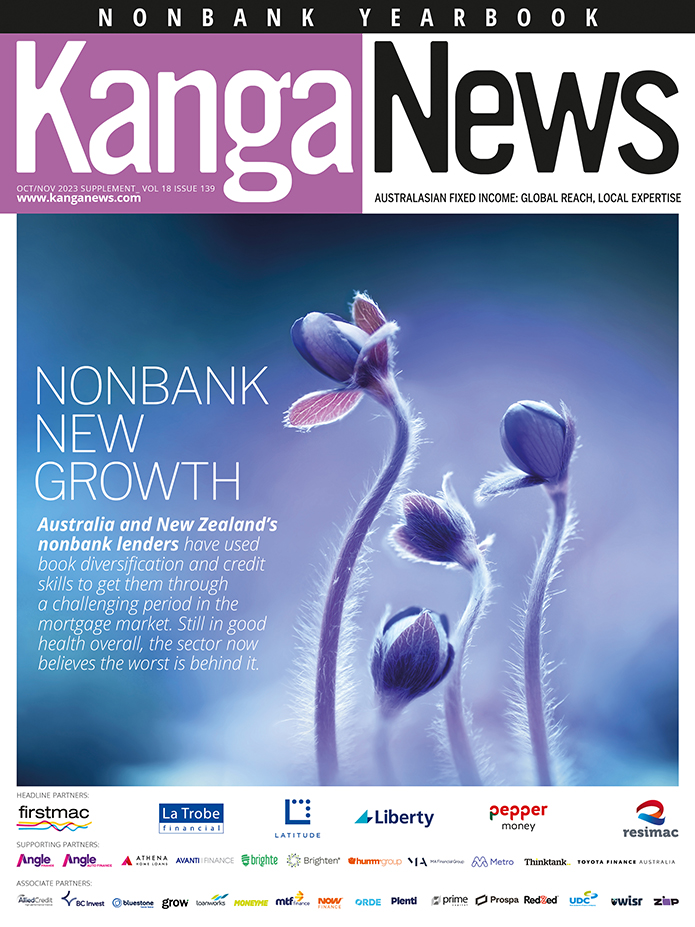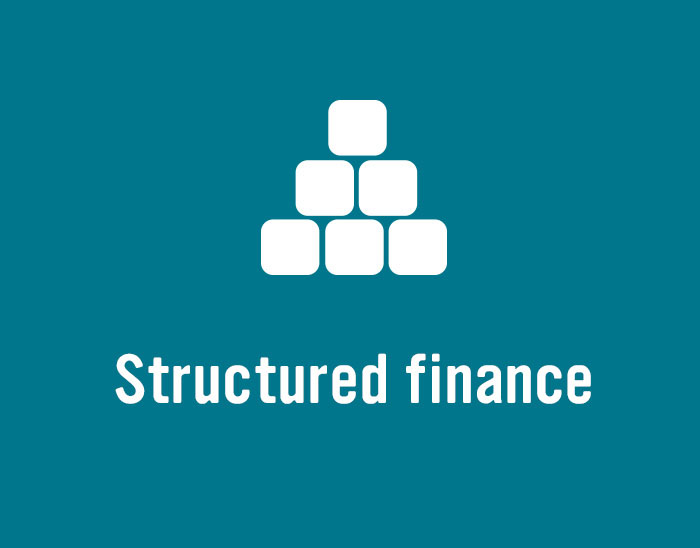
Avanti ready for action
New Zealand’s securitisation market could be set to proliferate as regulatory moves to kick-start a bank market progress. Mark Mountcastle, chief executive at Avanti Finance (Avanti) in Auckland, says the environment is also beneficial for nonbank lenders.
What led Avanti to bring its debut New Zealand securitisation deal in 2018?
The long-term mortgage product added to our opportunity to do this by creating a more relevant offering across our introducer base. Residential mortgage-backed securities (RMBS) issuance closed the circle for us in proving the concept of a viable nonbank market in New Zealand based on an effective service proposition. The deal portfolio was a mix of prime and nonprime mortgages but the outcome is we have been able to produce an investable security.
Australian major banks have been reviewing their lending appetite, creating an opportunity for nonbanks. Is the story similar in New Zealand?
There seems to be a growing gap between borrowers that fit the bank model and those that don’t on a global level. New Zealand is no different, but the relative position of the participants is somewhat less defined. There is certainly opportunity here.
We see the New Zealand nonbank sector developing, but this is also due to customers seeking a more personal engagement with a lender. Our goal is to take advantage of this trend by offering a broad range of solutions to clients seeking an alternative to banks.
We lend in the prime and nonconforming sectors. We are not a bank so we are not competing head-to-head with banks at a commoditised product level. Any credit aspect that would not fit bank lending criteria is an area where we can provide a solution.
But this is not necessarily a credit-quality issue. It can be structural or it could be any one of a raft of factors. As banks revise their lending appetite, more of this opportunity opens up.
How did you develop investor comfort around the quality of the underlying collateral in your RMBS deal?
Do you have specific policies around loan-to-value ratio (LVR) or interest-only loans?
Avanti is also involved in personal and auto finance. Is nonmortgage securitisation on the radar?
Is Avanti likely to be a regular public-market issuer? What is the future funding strategy?
We are working hard on this through product development, delivery and communication. At the end of the day, our success is built on service delivery to customers. The capacity we have to deliver is built on repeat issuance of reliable loans to investors, so securitisation is a big part of our plan.

nonbank Yearbook 2023
KangaNews's eighth annual guide to the business and funding trends in Australia's nonbank financial-institution sector.









